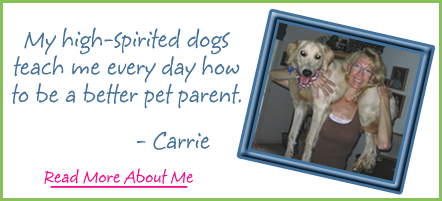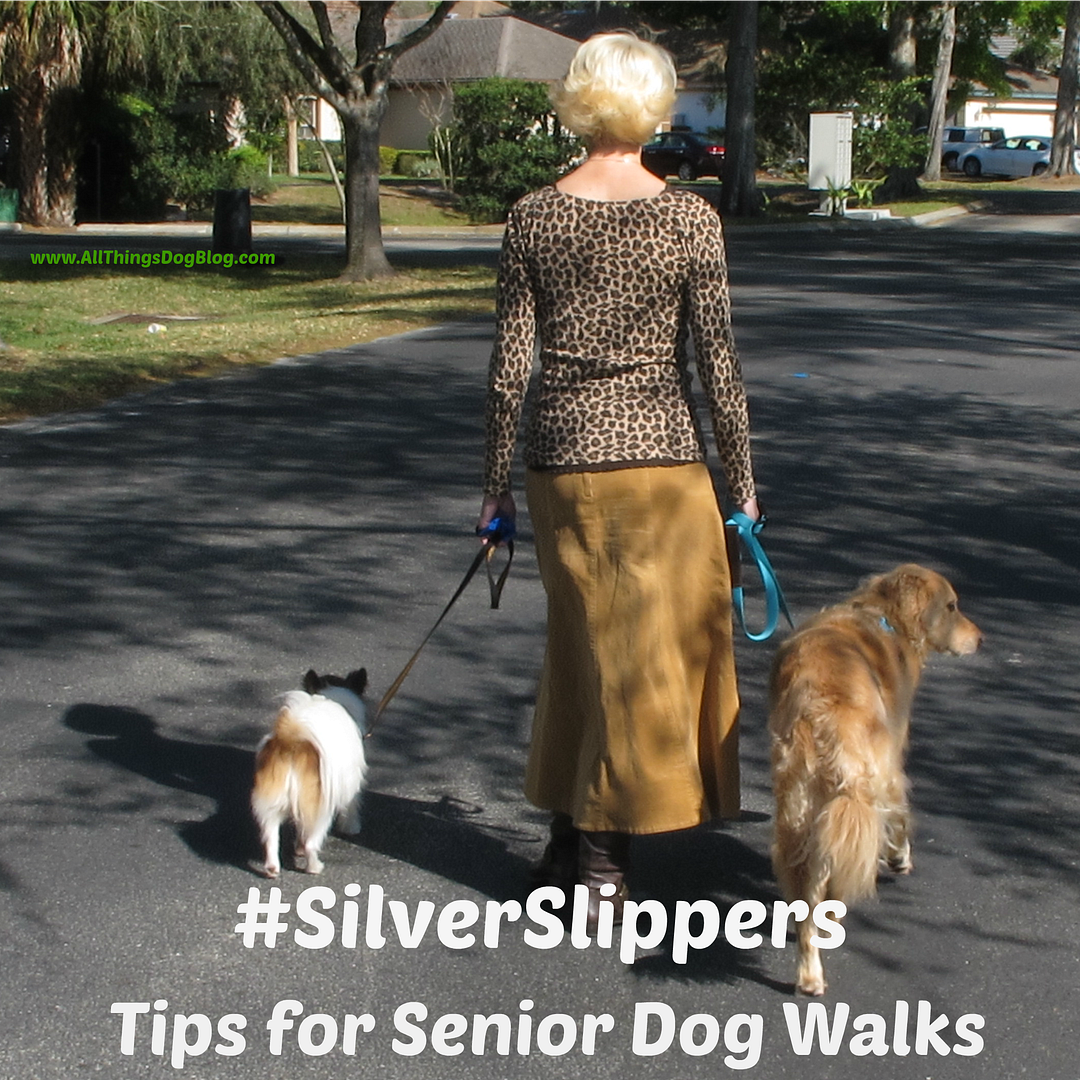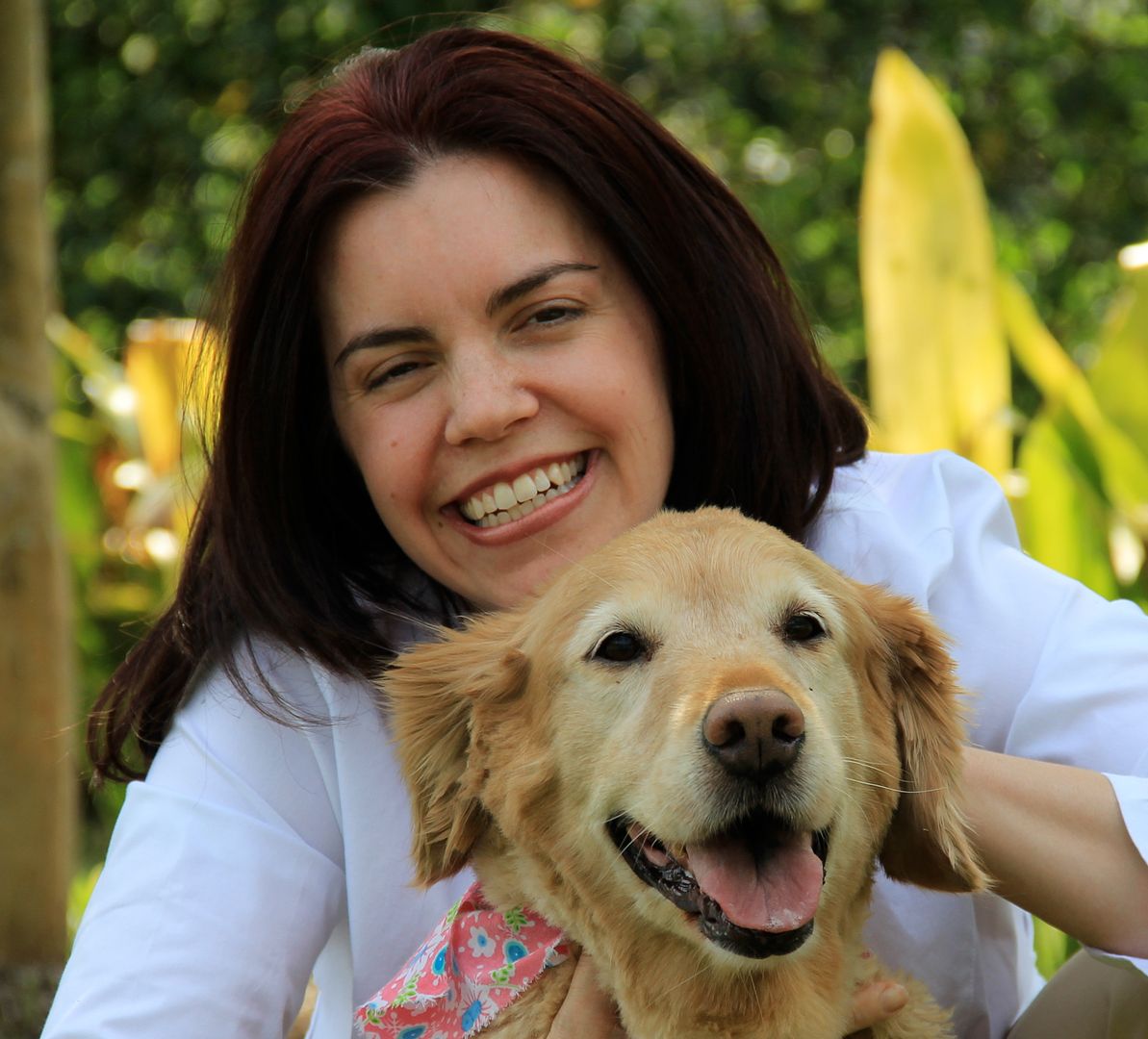 |
| Scent May Change Your Pet's Playtime Dynamic |
Johnna
-----------------------------------------------------------------
Dear Johnna, My first year in practice I received a call from a distressed
client after I’d examined her Siamese cat and taken a routine blood
sample. The cat shared a home with 2
other felines, who wouldn’t come near my patient after she’d returned from her
excursion to our hospital. The
housemates, displaying classic signs of fear aggression, hissed at the Siamese
and treated her as if she was an alien teleported onto their turf.
There is debate whether
unfamiliar odors, subtle visual cues, pheromones, or a combination of factors
cause these reintroduction issues, but this problem is not uncommon in multicat
households. My hypothesis is that this
cat carried home, on her coat, foreign scents from the veterinary
hospital. Rubbing alcohol had been
applied to her fur in the process of collecting a blood sample, but I’ve also
observed the phenomenon in cats who had not been exposed to alcohol. The “clinical” potpourri of smells that
envelopes animals in the hospital environment seems to be enough to cause
problems in certain situations.
I have to confess, I’ve only seen this happen in cats, but a dog's sense of smell is many times
more powerful than a cat’s. To answer your question,
yes, I do believe the Sheltie’s scent changed after being spayed, but I don’t
think it was because of hormone/pheromone changes that your Lhasa acted
strangely towards her. I think the
offending scent was a combination of the disinfectant used to prepare her belly
for the spay, rubbing alcohol used to place the IV catheter, and other
“medicinal” odors that could have been harbored by the Sheltie’s long-haired
coat.
I trust the relationship is back to normal by now, but
for future reference, it’s best to go very slowly in reintroducing animals
exhibiting this fear-based behavior.
Unfortunately, it can take days, weeks, or even months to resolve.
Dr. Julie Buzby is a homeschooling mom of seven, American Veterinary Chiropractic Association and International Veterinary Acupuncture Society certified holistic veterinarian, and passionate advocate for canine mobility.In her free time she serves on the Advisory Board for The Grey Muzzle Organization. She can be found at Twitter @DrBuzby and on Facebook.com/ToeGrips. You'll also find more of Dr. Julie's posts at our Ask the Vet Archives page.
You may also enjoy reading her recent articles:
You may also enjoy reading her recent articles:
Dr. Julie's opinion or advice does not replace an actual exam with a veterinarian.








































2 comments:
Dawn said...
Interesting. I never encountered such a behavior before. It makes sense, though.
Dog Breeds said...
Beneficial content love to read that. Cheers with regard to sharing.
Post a Comment